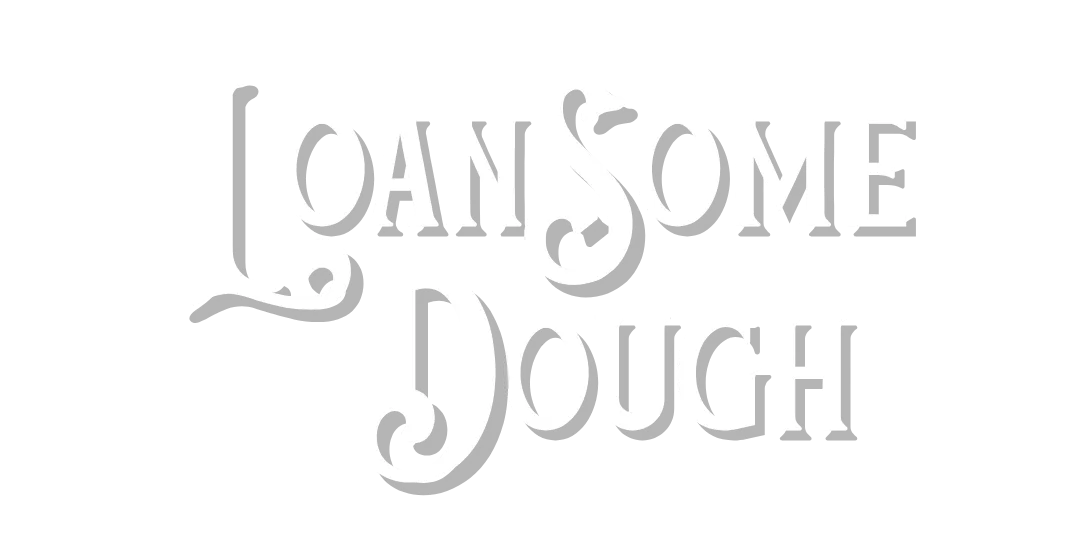
We help folks run the numbers on
reverse mortgages to see if it
makes sense for them or not.
I WISH I would've known about reverse mortgages years ago when I was a financial advisor.
Why? Because even though it was 3 years ago I can think of several clients who make a great fit.
They had equity in the homes.
They wanted some breathing room in their monthly budget.
One couple just wanted access to cash should they need it in an emergency.
Heck one guy just wanted to go on his bucket list vacation.
Now I realize that even talking about reverse mortgages,
I might as well be inviting you to a time-share dinner presentation
BUT today's reverse mortgage is NOTHING like the ones from 15 - 20 years ago.

What is a Reverse Mortgage?
A reverse mortgage allows homeowners who are 62+ convert part of their home equity into tax-free cash, without giving up ownership OR having to make monthly mortgage payments.
Did you know, you can actually use a reverse mortgage to buy your next home???
Let's go over some Frequently Asked Questions.
Will I still own my home?
YES! You're on title and remain the legal owner, just like with a 'regular' mortgage. You're still responsible for taxes, insurance and upkeep.
What happens when I pass away or sell the home?
The loan becomes due and your beneficiaries can either:
- Pay off the balance and keep the home.
- Sell the home and keep any leftover equity.
- Let the lender sell it.
Will my kids or heirs be stuck with the debt?
Repayment happens when the last borrower leaves the home (passes away or moves out). The home is usually sold to pay back the loan. There are no monthly payments required during your lifetime.
Reverse mortgages are "non-recourse" which means that your beneficiaries will never owe more than the home is worth, even if the balance is higher than the value.
Can I lose my home?
Only if you don't meet the loan obligations, like paying property taxes, homeowner's insurance or maintaining the property. These are all non-negotiables to keep your loan in good standing.
How is this different from a home equity loan?
Lorem ipsum dolor sit amet, consectetur adipisicing elit. Autem dolore, alias, numquam enim ab voluptate id quam harum ducimus cupiditate similique quisquam et deserunt, recusandae.
Can I use a reverse mortgage to buy a home?
Lorem ipsum dolor sit amet, consectetur adipisicing elit. Autem dolore, alias, numquam enim ab voluptate id quam harum ducimus cupiditate similique quisquam et deserunt, recusandae.
Aren't reverse mortgages expensive and full of fees?
There are closing costs and servicing fees. Most are rolled into the loan, so you don't pay out of pocket.
What if the market crashes or my home loses value?
No worries. A reverse mortgage is FHA-insured and non-recourse which means you're protected even if your home ends up worth less than the loan balance.
What if I want to move?
Of course you can! The reverse mortgage would be paid when you sell.
Why do reverse mortgages have a bad reputation?
Before there were consumer protection laws in place, it was like the wild west! Today reverse mortgages are strictly regulated, FHA-insured and include mandatory third-party counseling to make sure you know what you're getting into.
It's not often you'll hear us say that we're into government oversight but this is one area it was much needed.
Ready to Explore Your Options?


865.424.7997
NMLS #2464939 | Edge Home Finance NMLS #891464
Privacy Policy | NMLS Consumer Access Portal | Licensing Disclaimer